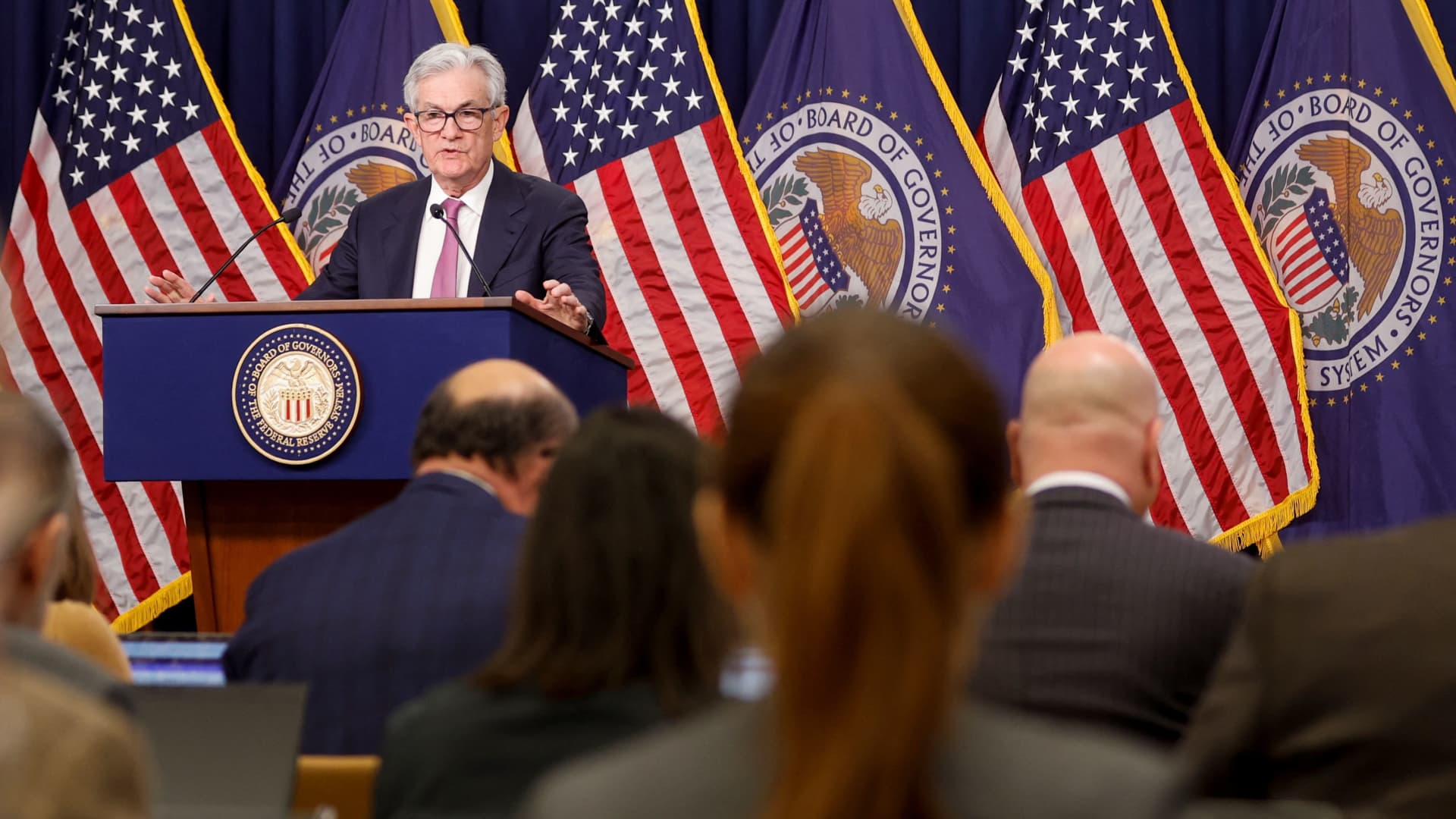
The Federal Reserve lowered its interest rate target three times in 2024.
This has many Americans waiting for mortgage rates to fall. But that may not happen for some time.
“I think the best case scenario is we’re going to continue to see mortgage rates hover around six and a half to 7%,” said Jordan Jackson, a global market strategist at J.P. Morgan Asset Management. “So unfortunately for those homeowners who are looking for a bit of a reprieve on the mortgage rate side, that may not come to fruition,” Jordan said in an interview with CNBC.
Mortgage rates can be influenced by Fed policy. But the rates are more closely tied to long-term borrowing rates for government debt. The 10-year Treasury note yield has been increasing in recent months as investors consider more expansionary fiscal policies that may come from Washington in 2025. This, combined with signals sent from the market for mortgage-backed securities, determine the rates issued within new mortgages.
Economists at Fannie Mae say the Fed’s management of its mortgage-backed securities portfolio may contribute to today’s mortgage rates.
In the pandemic, the Fed bought huge amounts of assets, including mortgage-backed securities, to adjust demand and supply dynamics within the bond market. Economists also refer to the technique as “quantitative easing.”
Quantitative easing can reduce the spread between mortgage rates and Treasury yields, which leads to cheaper loan terms for home buyers. It can also provide opportunities for owners looking to refinance their mortgages. The Fed’s use of this technique in the pandemic brought mortgages rates to record lows in 2021.
“They were extra aggressive in 2021 with buying mortgage-backed securities. So, the [quantitative easing] was probably ill-advised at the time.” said Matthew Graham, COO of Mortgage News Daily.
In 2022, the Federal Reserve kicked off plans to reduce the balance of its holdings, primarily by allowing those assets to mature and “roll-off” of its balance sheet. This process is known as “quantitative tightening,” and it may add upward pressure on the spread between mortgage rates and Treasury yields.
“I think that’s one of the reasons the mortgage rates are still going in the wrong direction from the Federal Reserve’s standpoint,” said George Calhoun, director of the Hanlon Financial Systems Center at Stevens Institute of Technology.
Watch the video above to learn how the Fed’s decisions affect mortgage rates.






